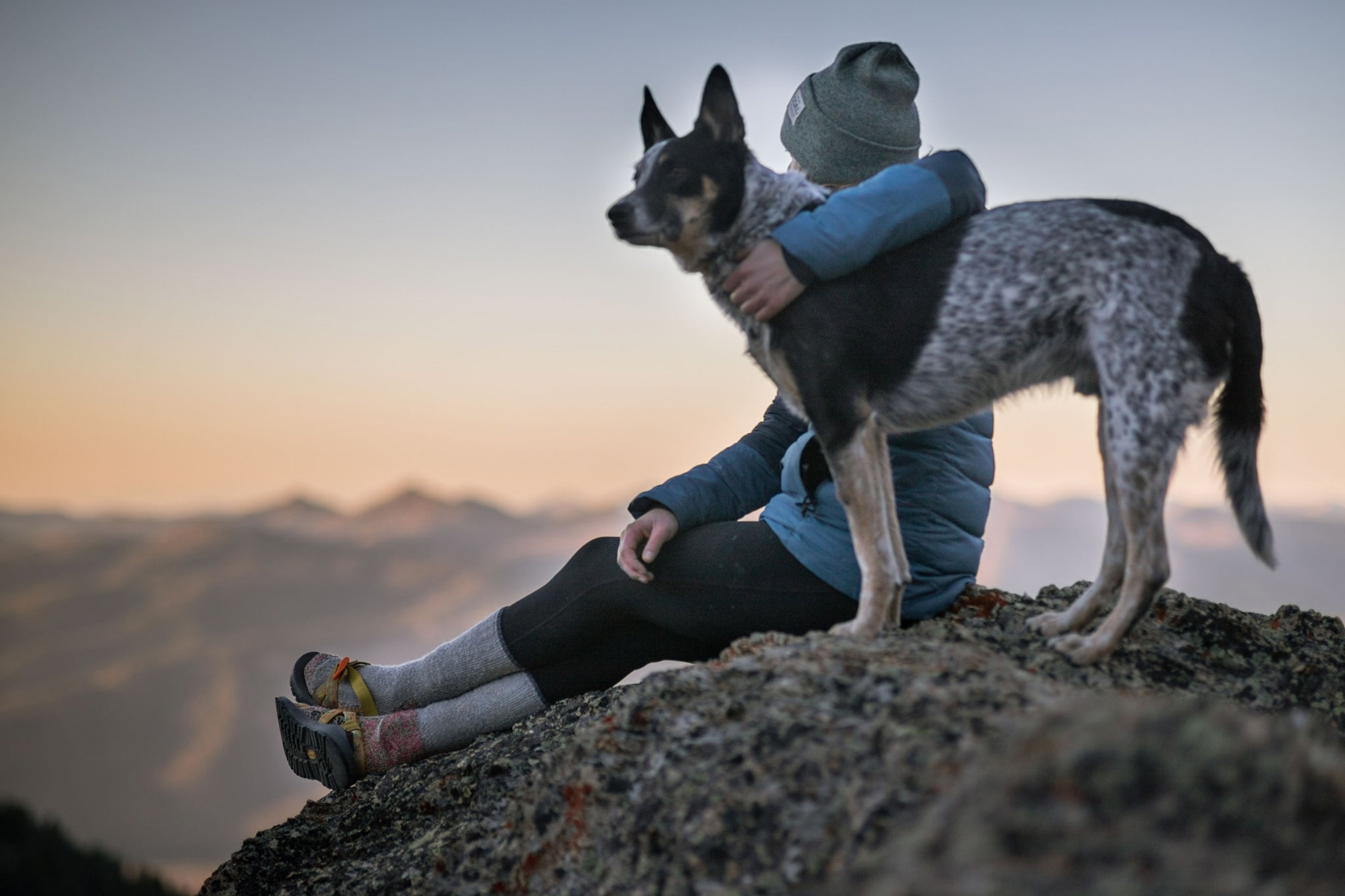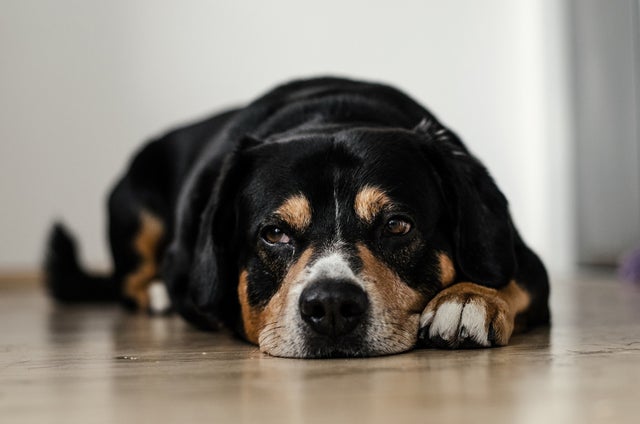In most cases, it’s a good idea to get a second opinion on your dog’s cancer diagnosis. When making a big decision on your dog’s health, another perspective can bring clarity to a murky situation.
Second opinion vs. referral
Your veterinarian may suggest you get a second set of eyes on a biopsy report early in the diagnostic process. Cancer is often diagnosed by performing a biopsy of a suspect mass on your dog’s body. There are cases when interpretation of the biopsy results is not 100% clear, which necessitates a second opinion.
Following the diagnostic process, your veterinarian may also refer you to a specialist, like an oncologist. A general practitioner is equipped to handle most situations, but not all of them. An oncologist manages cancer patients all day long, so they’ll be more knowledgeable about how to handle your dog’s cancer treatment. A specialist will be able to clarify your veterinarian’s initial diagnosis and have a better idea of what treatment options are best for your pet’s condition.
Suggesting a second opinion to your veterinarian
You may feel frustrated not having answers to all your questions or feel as if there are concerns you can’t mention to your veterinarian. It’s normal to feel this way, especially under the stress of a cancer diagnosis. A different explanation may be what you need to get a better understanding of your dog’s diagnosis.
Many pet owners are unsure of how to approach their veterinarian for a second opinion. If you’re at a loss, these options may work:
- “I’m still a little confused about this diagnosis. How can I be sure this is the right answer?”
- “I’m feeling a little overwhelmed. I think I want to get a second opinion before I make any decisions on my dog’s treatment.”
In most cases, your veterinarian will not be offended if you want to get a second opinion. In fact, your veterinarian may be able to help you identify other doctors nearby that you could consult. They know that they don’t hold all the answers, so getting another perspective will be helpful to you and your veterinarian in the long run.
As your dog’s primary advocate, you want to make sure you’re making the right decision on your dog’s treatment. Even if you trust your veterinarian, getting a second opinion is a good idea. Cancer treatment can be an emotionally and financially intensive process. Before you proceed with any one treatment route, you should be confident in your dog’s diagnosis.




